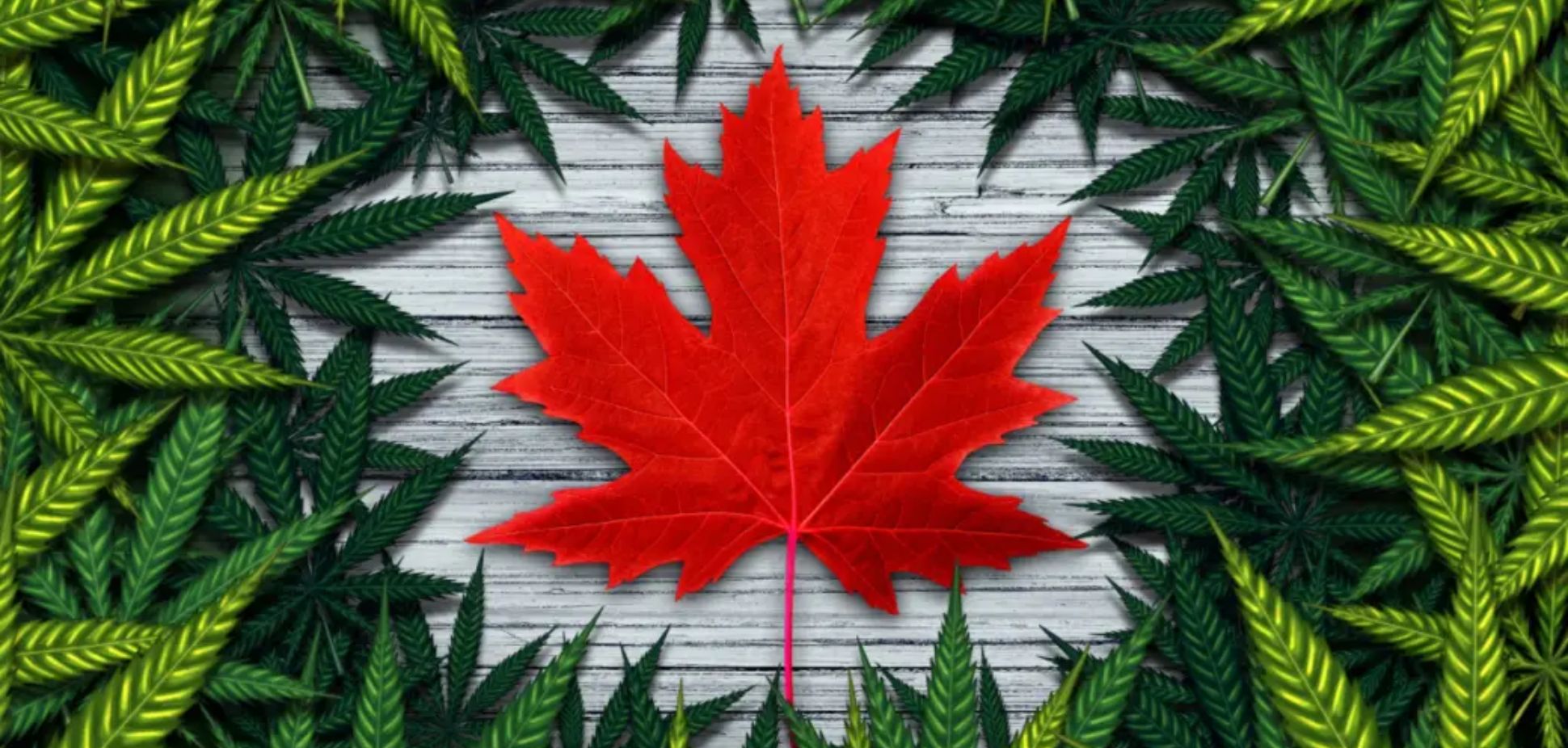#149: Legalization Turns Seven: The Highs, the Lows, and the Lessons Learned
#149: Legalization Turns Seven: The Highs, the Lows, and the Lessons Learned
Seven years ago last week, Canada made history. As the clock struck midnight on October 17, 2018, the country became the second nation in the world (after Uruguay) to legalize recreational cannabis nationwide.
At precisely 12:01 a.m. Newfoundland Time, 46-year-old Ian Power made Canada's first legal purchase at a dispensary in St. John's, declaring, "The stigma ends tonight. Prohibition has ended right now".
As we celebrate the seventh anniversary of that momentous occasion, it's worth reflecting on the impact of Canada's legalization of cannabis, the challenges we've faced, and the promise that still lies ahead.
How legalization took form

Long before October 17, 2018 became a date etched in Canadian history, cannabis advocates had spent decades fighting prohibition. Throughout the 1990s and 2000s, activists organized rallies, challenged laws in court, and pushed politicians to recognize that criminalization caused more harm than cannabis itself.
The momentum began to shift in 2012 when Colorado and Washington became the first US states to legalize recreational cannabis. Canada's own path towards legalization was set in motion by the federal government's appointment of a Task Force on Cannabis Legalization and Regulation in 2016.
After extensive consultations with experts, stakeholders, and the public, the Task Force produced a report that formed the basis of Canada's historic Cannabis Act (Bill C-45). The Cannabis Act aimed to achieve three primary objectives: keep cannabis out of the hands of youth, keep profits out of the pockets of criminals, and protect public health through regulation.
After extensive debate, the Cannabis Act passed the House of Commons and Senate with amendments, receiving Royal Assent on June 21, 2018. This marked a significant milestone in Canada's history, making it the first G7 country to legalize cannabis for recreational use. On October 17, 2018, the Cannabis Act officially came into effect, allowing adults over the age of 18 to purchase and possess up to 30 grams of dried cannabis or its equivalent in public.
Canada turns the page
As the clock struck midnight on October 17, a collective exhale swept across Canada. People lined up outside licensed retailers, eager to purchase their first legal cannabis products, marking the end of nearly a century of prohibition.
From coast to coast to coast, people celebrated the end of prohibition and the dawn of a new era. In St. John's, over 130 people braved freezing temperatures, lining up outside a store, lighting up joints, and sharing in the moment. Hundreds waited for hours in Calgary outside the city's first legal cannabis retailers. In Montreal, lines began forming as early as 3:45 a.m., with crowds wrapping around entire city blocks by mid-morning.
Ontario residents, who were limited to online ordering only until brick-and-mortar stores opened in April 2019, flooded the Ontario Cannabis Store website with more than 100 orders per minute by noon. E-commerce platform Shopify reported "millions of visitors" across provincial online stores within the first 12 hours.
For longtime activists like Jim West and Trevor Kayzer from Prince Rupert, British Columbia, the day represented vindication. "Finally we've done away with prohibition," West said, reflecting on decades of advocacy work. Canada's grand experiment had begun.
The highs and lows of legalization

The euphoria of legalization day has given way to a sobering reality. While Canada pioneered a bold approach to cannabis regulation, the industry is not without its challenges seven years later.
Regulatory burden: One of the most persistent challenges has been overregulation. What was intended to protect public health has created barriers that prevent legal businesses from competing with the illicit market. These regulations, while well-intentioned, have made it difficult for legal operators to offer competitive pricing.
Excise tax challenges: Perhaps no issue has plagued the industry more than excise taxes. Unlike alcohol, which is taxed as a percentage of price, cannabis is subject to both a percentage-based tax and a flat dollar-per-gram tax, whichever is higher. For many producers, this means a significant chunk of their revenues are going towards taxes, making it difficult to turn a profit.
Illicit market remains: Seven years after legalization, the illicit market still controls an estimated 30-40% of total cannabis sales. Many unlicensed dispensaries continue operating despite enforcement efforts, competing on price and convenience. Until regulatory and tax reform catches up, the illicit market will continue to thrive and undercut legal businesses.
The victories worth celebrating
Despite these challenges, Canada's legalization has achieved remarkable successes that shouldn't be overlooked.
Mandatory testing: Perhaps the most significant public health victory has been mandatory testing requirements. Every legal cannabis product must undergo rigorous testing for potency, pesticides, heavy metals, mycotoxins, and microbial contaminants before reaching consumers. This ensures that Canadians are accessing a safe, high-quality product that meets strict standards.
Product innovation: What used to be a dried flower market has now expanded to include a wide range of products, such as edibles, concentrates, topicals, CBD, and more. This product diversity allows consumers to find consumption methods that suit their preferences and medical needs.
Economic growth: The legalization of cannabis has also brought about significant economic growth and job creation. With 227,000 jobs and $16 billion added to Canada's GDP in 2024, the cannabis industry has become a major contributor to the country's economy.
International exports: For many Canadian producers, international exports have become essential for survival. With domestic profits squeezed by taxes and regulations, companies have increasingly looked abroad for growth opportunities. With a headstart in the legal market, Canadian companies have leveraged their experience and expertise to gain a foothold in the global cannabis industry.
A future still unfolding
As a budding industry, the Canadian cannabis sector still faces challenges and has much to learn. Despite these hurdles, the future looks promising for the industry. Here's to another year of growth, innovation, and progress.
Back to all posts









